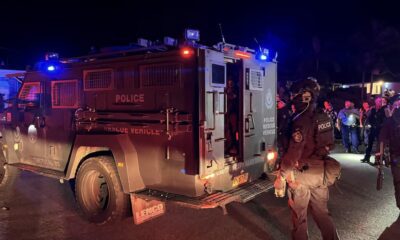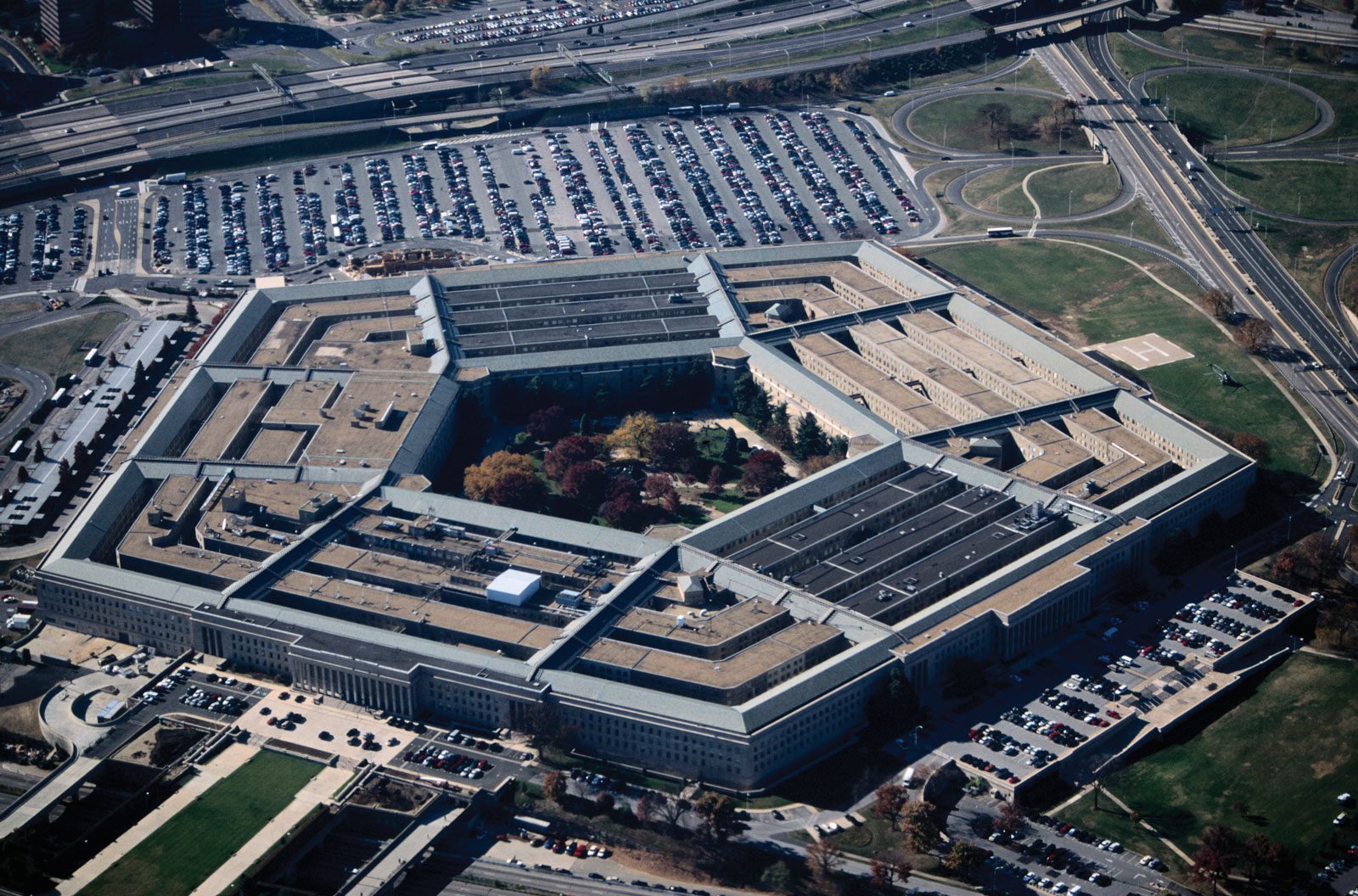Twenty years after the invasion of Iraq, politicians continue to repeat the errors of the past by taking information from security briefings that they want to hear.
Ahead of the 2003 invasion and subsequent occupation, US and UK politicians used some of the intelligence gathered by western security agencies to suggest that the local population would predominantly welcome external military powers as liberators. But it quickly became apparent this was a mistake and that the fighting capability of those who would resist had been underestimated. A long and bloody insurgency followed.
Fast forward to 2022 and we saw Russian president Vladimir Putin acting under the apparent belief that his conquest of Ukraine would also be simple, and meet with little resistance from a weak defence force. Western intelligence reports have since highlighted how Putin and his advisers significantly underestimated Ukraine and made poor judgements about their own intelligence information.
The public, however, at least in western countries, appears to have become much more sceptical of politicians armed with intelligence from experts. As well as the thousands of deaths, trillions of dollars of expense and irreversible changes to national and international politics, this arguably remains one of the legacies of the Iraq war.
Intelligent lessons
The conflict taught the public valuable lessons about intelligence. A review by Lord Butler and the Chilcot inquiry that followed the war showed that intelligence is never certain. Intelligence agencies provide “best truths” to politicians, who then take decisions.
The Iraq war made secret intelligence a topic for discussion in homes across the world. A publicly accessible version of the intelligence picture was presented to the public by UK prime minister Tony Blair. This was a groundbreaking decision and one that defined Blair’s career.
The weaknesses in the intelligence dossiers, once exposed, also appeared to undermine public support for the conflict. In contrast, the public continued to strongly support the armed forces and particularly those injured and killed in action.
In parallel a public narrative developed that experts were often wrong, and politicians could not be trusted. The idea that experts are not to be trusted has become ever more repeated in recent years, through the Brexit debates and governmental responses to the pandemic.
However, the failings in the communication and use of intelligence data does not mean security services were to blame for the war.
True, some of the vulnerabilities in western intelligence reporting seemed farcical when exposed to public scrutiny. The information from an informant known as Curveball – an Iraqi expatriate – was used by the US in making the case for war in the UK, despite German and British reservations. Curveball’s information later emerged to be inaccurate.
Terrorist warning
But in other areas it appears intelligence services provided nuanced information and accurate warnings. For example, UK intelligence chiefs warned ministers that the conflict would increase the terrorist threat.
Others within defence intelligence warned that once the first phase of the conflict against regular Iraqi armed forces were complete that a long-running insurgency would follow. Commanders in the British army warned that without direct investment into the Iraqi city of Basra and surroundings that this area would become radicalised.
Some key assumptions around Iraq’s chemical weapons programme were clearly unhelpful. But the agencies were arguably also right to feel bruised that the blame for the war landed with them, when they had no way of changing government policy.
The leaks and publication of intelligence related to Iraq brought with them the era of the armchair expert and the conspiracy theorist. Many academics argued that this openness in intelligence would produce a mature public debate. But the weaknesses in the intelligence undermined the idea that governments are a source of truth.
Deep dive investigations and conspiracies have surrounded the death of biological weapons expert and UK government advisor David Kelly in 2003. Kelly’s untimely death has been the subject of official and unofficial investigations and spurred a cottage industry in speculation.
Kelly died after he was publicly revealed to be a confidential source for BBC journalist Andrew Gilligan’s assertion that part of the government’s intelligence dossier on “weapons of mass destruction” was fabricated. His death was officially ruled a suicide.
This was confirmed by the Hutton inquiry and again by a later inquiry by the attorney general. But public suspicion about Kelly’s death persist with books and a TV drama .
More broadly, Iraq resulted in a loss in public support for British involvement in war, which was seemingly conditional on how people viewed the purpose of the conflict and prospects of victory.
This view will in part be shaped by their trust in the initial intelligence and in whether they believe governments tell the truth. As debates around the pandemic have shown, once trust has gone it is hard to get back.
Intelligence agencies did change the way they operate in response to criticisms over Iraq. Agencies spent more time and resource on ensuring they had more evidence for their claims and were more careful with wording claims. This was a necessary change for the intelligence community, but did not address how politicians use intelligence. Without that change, the world is still vulnerable to misread and misunderstood intelligence assessments.



 News3 days ago
News3 days ago


 Leaders1 day ago
Leaders1 day ago


 Shows1 day ago
Shows1 day ago


 News2 days ago
News2 days ago


 News2 days ago
News2 days ago


 Tech1 day ago
Tech1 day ago


 Shows2 days ago
Shows2 days ago


 News2 days ago
News2 days ago













